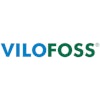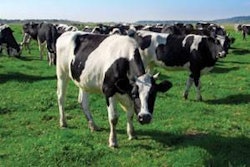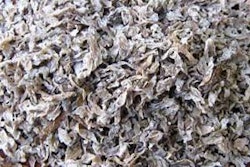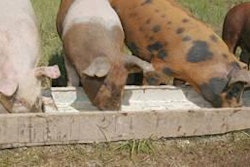The European Food Safety Authority has developed guidance for the safety assessment of one of the most common probiotics used in animal feed, Enterococcus faecium.
The guidance provides a new methodology for distinguishing between safe and potentially harmful strains of E. faecium in animal nutrition. It is intended for use by feed additive producers submitting applications to the European Food Safety Authority for safety assessment. In this new guidance document, a practical methodology is given to differentiate between safe strains and the potentially harmful clinical strains of E. faecium, based on the bacteria’s susceptibility to the antibiotic ampicillin and the absence of three genetic markers associated with virulence. In practice, this will mean a significant reduction in the number of tests and data that producers must submit to the European Food Safety Authority as part of their applications for the authorization of E. faecium-based feed additives. It also increases clarity for applicants in terms of the criteria the European Food Safety Authority uses to assess the safety of their products.
The guidance document was developed over the last year by the European Food Safety Authority’s Panel on Additives and Products or Substances used in Animal Feed in cooperation with the leading international experts in this area and was subject to a public consultation on the Authority’s website.














